Investing involves risk.
No surprise there and virtually every investor will agree. When there’s the chance of losing your capital, and by that I mean permanent loss of capital, then it’s something to be concerned about. You’re exposing yourself to danger and that in essence is the definition of risk. Interestingly though, whilst we’re all on the same page that investing involves risk, if we asked different investors what they actually think risk is, we’d end up with some different answers.
So what is risk to a long term investor?
OK, if your answer is ‘Share Price Volatility’, then you’re incorrect. Risk in investment parlance is not volatility.
Share prices are naturally irrational; emotional participants, and more frequently today, computer algorithms, can drive share prices to nonsensical levels. Of course there is a degree of risk in this, however that risk can be mitigated by two simple factors - the first of which is having a long-term horizon on your investment portfolio, rather than trying to buy this morning and sell this afternoon; and the second is having a deep understanding of the businesses which you own. Too many investors know little about the businesses they invest in, and therefore live or die based on what the stock price does. If you know the company has intrinsic value, a good runway, deep moat, strong management and a healthy culture for example, then the daily rise and fall of the stock price should not be of concern to you. It is not where risk lies for an investor.
Warren Buffett understands this.
For over 60 years he has navigated market cycles, macro forces, technology changes, sharp salesmen and geopolitical currents, and in the process has left a track record of returns few could match. If you want to understand risk, study Buffett.
Prevention
Buffett’s approach to risk management is simple. It’s also common sense. It’s not some esoteric risk management system built with complex formulas, in fact it’s more prevention than anything else.
“Wisdom is prevention but very few people do much about it.” Charlie Munger
“The biggest thing is to have something in the way you’re programmed so that you don’t ever do anything where you can lose a lot. Our best ideas have not been better than other people’s best ideas, but we’ve never had a lot of things that pulled us way back. So we never went two steps forward and one step back. We probably went two steps forward and a fraction of a step back. Avoiding the catastrophes is a very important thing.” Warren Buffett
Before we delve into Buffett’s risk management toolkit, it’s worth taking a step back to understand how Buffett approaches investing. It’s certainly not conventional. But it’s important to understand so we can put his risk management framework into context.
Ever since Buffett picked up Ben Graham’s book, ‘The Intelligent Investor’, Buffett’s defining principle has been that the shares he owns are simply the fractional ownership of the underlying businesses. If he pays a reasonable price for those fractional pieces, and provided the businesses do well, over the long term, the share prices will also do well.
“You are not buying a stock, you are buying part ownership in a business. You will do well if the business does well, if you didn't pay a totally silly price. That is what it is all about." Warren Buffett
Buffett recognises that in the short term, share prices are often irrational. Given his long term investment horizon he doesn’t concern himself with short term price fluctuations. Buffett has an advantage here, he’s got the luxury of permanent capital, which allows him to take a long term view.
“We do define risk as the possibility of harm or injury. And in that respect we think it’s inextricably wound up in your time horizon for holding an asset. I mean, if your risk is that if you intend to buy XYZ Corporation at 11:30 this morning and sell it out before the close today, in our view that is a very risky transaction. Because we think 50 percent of the time you’re going to suffer some harm or injury. If you have a time horizon on a business, we think the risk of buying something like Coca-Cola at the price we bought it at a few years ago is essentially so close to nil, in terms of our perspective holding period. But if you asked me the risk of buying Coca-Cola this morning and you’re going to sell it tomorrow morning, I say that is a very risky transaction.” Warren Buffett
"We look to business performance, not market performance. If we are correct in expectations regarding the business, the market will eventually follow along." Warren Buffett
Most people don’t think about risk in this way and it’s certainly not the way it’s taught in most business schools. The typical finance textbook defines risk as ‘share price volatility’. In contrast, Buffett sees heightened volatility as opportunity. He can choose to buy shares at cheaper prices or simply ignore them. Buffett actually rejoices when share prices decline as most of the companies he owns are buying back their own stock, effectively increasing his entitlement to the company’s future earnings without him lifting a finger.
“In business schools, volatility is almost universally used as a proxy for risk. Though this pedagogic assumption makes for easy teaching, it is dead wrong: Volatility is far from synonymous with risk. Popular formulas that equate the two terms lead students, investors and CEO’s astray." Warren Buffett
Ultimately, Buffett views Risk as that which gets in the way of compounding; the permanent loss of capital. Or more specifically, the permanent loss of purchasing power over the holding period.
"The riskiness of an investment is not measured by beta (a Wall Street term encompassing volatility and often used in measuring risk) but rather by the probability – the reasoned probability – of that investment causing its owner a loss of purchasing-power over his contemplated holding period." Warren Buffett
Know What You Own
Buffett doesn’t panic out of stocks he owns if their share prices decline because he understands what he owns, he knows what he’s doing. He doesn’t let share prices tell him whether he’s right or wrong.
"Risk comes from not knowing what you're doing." Warren Buffett
Business Risk
Given Buffett’s objective is to own companies whose earnings will be higher in the future, his primary concern is Business Risk; how will a companies earnings manifest themselves over time?
“Should we conclude that the risk in owning a piece of a company - its stock - is somehow divorced from the long-term risk inherent in its business operations? We believe [this] conclusion makes [no] sense and that equating beta with investment risk also makes no sense.” Warren Buffett
“When we look at businesses, we try to think of what can go wrong with them. We try to look [for] businesses that are good businesses now, and we think about what can go wrong with them. If we think there’s a lot that can go wrong with them, we just forget it. We are not in the business of assuming a lot of risk in businesses.” Warren Buffett
“We think of business risk in terms of what can happen — say five, 10, 15 years from now — that will destroy, or modify, or reduce the economic strengths that we perceive currently exist in a business.” Warren Buffett
Like all investors, Buffett’s not infallible. And when he has stumbled in the past, it’s usually because he’s mis-assessed the fundamental economic characteristics of the business. Think Dexter Shoes, Blue Stamps, Department Stores and the original Hathaway Textile business.
“What costs us money is when we mis-assess the fundamental economic characteristics of the business.” Warren Buffett
“We’ve made mistakes on judging the future economics of the business[es].” Warren Buffett
Filters, Base Rates and Pattern Recognition
Buffett deploys a concise filtering system when considering investments and he’s collected a huge repertoire of ‘base rates’ he applies to avoid risk. Furthermore Buffett has a well developed pattern recognition system drawing on his accumulated knowledge which he uses to identify potential risks and opportunities.
Filters
One of Buffett’s most powerful risk mitigation and prevention tools are his Filters.
“We do care about being right about the economic characteristics of the business, and that’s one thing we think we’ve got certain filters that tell us in certain cases that we know enough to assess.” Warren Buffett
“We have a bunch of filters we’ve developed in our minds over time. We don’t say they’re perfect filters. We don’t say that those filters don’t occasionally leave things out that should get through. But they’re very efficient.” Warren Buffett
Every investment needs an edge and it’s impossible to have an edge if you don’t understand an investment or other people have a better understanding than you. Buffett’s first filter is understanding what he owns and it relies on a strong appreciation for the boundaries of what he knows and what he doesn’t - his circle of competence.
“Different people understand different businesses. And the important thing is to know which ones you do understand and when you’re operating within what I call your “circle of competence.” Warren Buffett
If a potential investment falls outside of that circle or he won’t be able to get it within that circle it is discarded immediately. Buffett doesn’t venture outside of the circle.
“The first filter we probably put it through is whether we think — and we know instantly — whether it’s a business we’re going to understand, and whether it’s a business that — if it passes through that, it’s whether a company can have a sustainable edge.” Warren Buffett
“We do have filters, and sometimes those filters are very irritating to people who check in with us about businesses, because we really can say in ten seconds or so “no” to 90 percent-plus of all the things that come in, simply because we have these filters. We have some filters in regard to people, too.” Warren Buffett
Buffett doesn’t compromise his filters, they’re black and white. He doesn’t raise his discount rate to overcome his risk concerns, the filters work as a strict go/no-go valve.
“We look at riskiness, essentially, as being sort of a go/no-go valve in terms of looking at the future businesses. In other words, if we think we simply don’t know what’s going to happen in the future, that doesn’t mean it’s necessarily risky, it just means we don’t know. It means it’s risky for us. It might not be risky for someone else who understands the business.” Warren Buffett
"Don't worry about risk the way it is taught at Wharton. Risk is a go/no go signal for us - if it has risk, we just don't go ahead." Warren Buffett
Base rates
Base Rates are one of Buffett’s most useful filters to mitigate risk. An example of a base rate would be the history of successful pharmaceutical drug tests as a percentage of the total population of trials. In this case, it’s a very small number. Needless to say Buffett has weeded out a plethora of investment categories with low base rates such as this.
“People who have information about an individual case rarely feel the need to know the statistics of the class to which the case belongs.” Daniel Kahneman
Examples of common investment categories with ‘base rates’ too low for Buffett include: start-ups, turnarounds, new issues, declining businesses, highly leveraged entities, low ROE businesses, low quality management, unpredictable or quickly changing industries and/or business with headwinds as opposed to tailwinds.
“If it’s got a lousy past but bright future we’ll miss it.” Warren Buffett
"Start ups are not our game." Warren Buffett
“Charlie and I haven’t bought an IPO since 1955.” Warren Buffett
“If you really think a business is declining, most of the time you should avoid it. The real money is going to be made by being in growing businesses, and that’s where the focus should be.” Warren Buffett
“We have to stay away from businesses that have low returns on equity.” Warren Buffett
"We do not wish to join with managers who lack admirable qualities, no matter how attractive the prospects of their business." Warren Buffett
“We favor businesses and industries unlikely to experience major change.” Warren Buffett
"I would say anybody that's investing in something they consider opaque should just walk away" Warren Buffett
“One of the lessons our management has learned - and, unfortunately, sometimes re-learned - is the importance of being in businesses where tailwinds prevail rather than headwinds.” Warren Buffett
"We don’t play big trends. We don’t think about demographic trends or anything of the sort.... Big trends, they just don’t mean that much. There’s too much money to be made from year to year to think about things that take decades to manifest themselves." Warren Buffett
Pattern recognition
Buffett relies on a vast mental database of information which he employs to identify patterns which help him manage risk.
"Pattern recognition is one of [Buffett’s] primary skills and perhaps his greatest skill. So in terms of data points, unlike many people who learn by seeking information on an as-needed basis, Warren is always looking for fuel for pattern recognition before he needs it." Alice Schroeder
Having studied and been exposed to a vast array of businesses and business problems over decades, Buffett utilises his vast filing cabinet of knowledge to identify potential future business risks.
“There is nothing mystical about an accurate intuition .. it’s pattern recognition. With training or experience, people can encode patterns deep in their memories in vast numbers and intricate detail - such as the estimated fifty thousand to one hundred thousand chess positions that top players have in their repertoire. If something doesn’t fit a pattern, a competent expert senses it immediately.” Philip Tetlock
“Charlie and I have seen, and we’re not remotely perfect at this, but we’ve seen patterns. Pattern recognition gets very important in evaluating humans and businesses. And, the pattern recognition isn’t 100 percent, and none of the patterns exactly repeat themselves, but there’re certain things in business and securities markets that we’ve seen over and over, and that frequently come to a bad end, but frequently look extremely good in the short run.” Warren Buffett [on Valeant blow-up]
“If you focus, you do see repetition of certain business patterns and business behavior. And Wall Street tends to ignore those, incidentally. I mean, Wall Street really doesn’t seem to learn, for very long, business lessons.” Warren Buffett
Margin of Safety
In complex adaptive systems like markets and business environments, the future is inherently uncertain. Not all things will work out as expected. One way Buffett mitigates this uncertainty is by seeking a margin of safety in his investments. This means buying at a discount to a conservatively estimated intrinsic value.
"We insist on a margin of safety in our purchase price. If we calculate the value of a common stock to be only slightly higher than it's price, we're not interested in buying. We believe this margin of safety principle, emphasised by Ben Graham, to be the cornerstone of investment success" Warren Buffett
No Intolerable Outcomes
Buffett always looks down before he looks up. And while an investment may have significant upside, Buffett won’t invest if the consequences of a bad outcome to his entire portfolio are intolerable, no matter how remote those consequences might be. Buffett is happy to compromise upside for the ability to sleep soundly at night.
“If we can’t tolerate a possible consequence, remote though it may be, we steer clear of plantings its seeds.” Warren Buffett
“I put heavy weight on certainty .. if you do that, the whole idea of a risk factor doesn’t make any sense to me. You don’t do it where you take a significant risk. But it’s not risky to buy securities at a fraction of what they are worth.” Warren Buffett
“I would rather be, you know, a hundred times too cautious than 1 percent too incautious, and that will continue as long as I’m around.” Warren Buffett
“We are perfectly willing to trade away a big payoff for a certain payoff. And that’s the way we’re put together.” Warren Buffett
Think About Worst Case Scenarios
To avoid intolerable outcomes, you need to get a handle on what those may be in the future. Buffett spends his time thinking about what those scenarios may look like. These tend not to be the things that fall out of a spreadsheet model.
“We think in terms of not exposing ourselves to any mistakes that could really hurt our ability to play tomorrow. And so we are always thinking about, you know, worst-case situations … we have to think about whether we’re doing anything really big that could have really terrible consequences.” Warren Buffett
“We don’t have any formula that evaluates risk, but we certainly make our own calculation of risk versus reward in every transaction we do.” Warren Buffett
“The best way to minimize risk is to think” Warren Buffett
Summary
You can see that Buffett doesn’t follow the daily irrationality of share prices. And he certainly doesn’t view what they teach in most business schools as the correct definition of Risk. He has long talked about being a business owner rather than a stock owner, and the underlying principle of this is that he understands the businesses within which he owns stock. If he doesn’t understand them, then he simply doesn’t own them.
“We will never buy anything we don’t think we understand. And our definition of understanding is thinking that we have a reasonable probability of being able to asses where the business will be in 10 years.” Warren Buffett
He further mitigates risk by ensuring he avoids fundamentally risky ventures. He doesn’t go into IPO’s, he’s not interested in turn-around businesses, and you won’t see him going anywhere near companies with dangerously high leverage or low returns on capital.
Ultimately, Buffett is trying to avoid Business Risk. He does use three simple tools to assist him with all of this. Base Rates, Filtering and Pattern Recognition. True, he’s had a lot longer at this than most of the rest of us, however that simple fact alone, probably coupled with his outstanding track record over those same years makes it very hard to refute his beliefs in all of this.
So who are you going to believe?
Join our Investing Community on Twitter: @mastersinvest
TERMS OF USE: DISCLAIMER
Further Reading:
Investment Masters Class Tutorials: Volatility, Risk, Permanent Loss of Capital, VAR



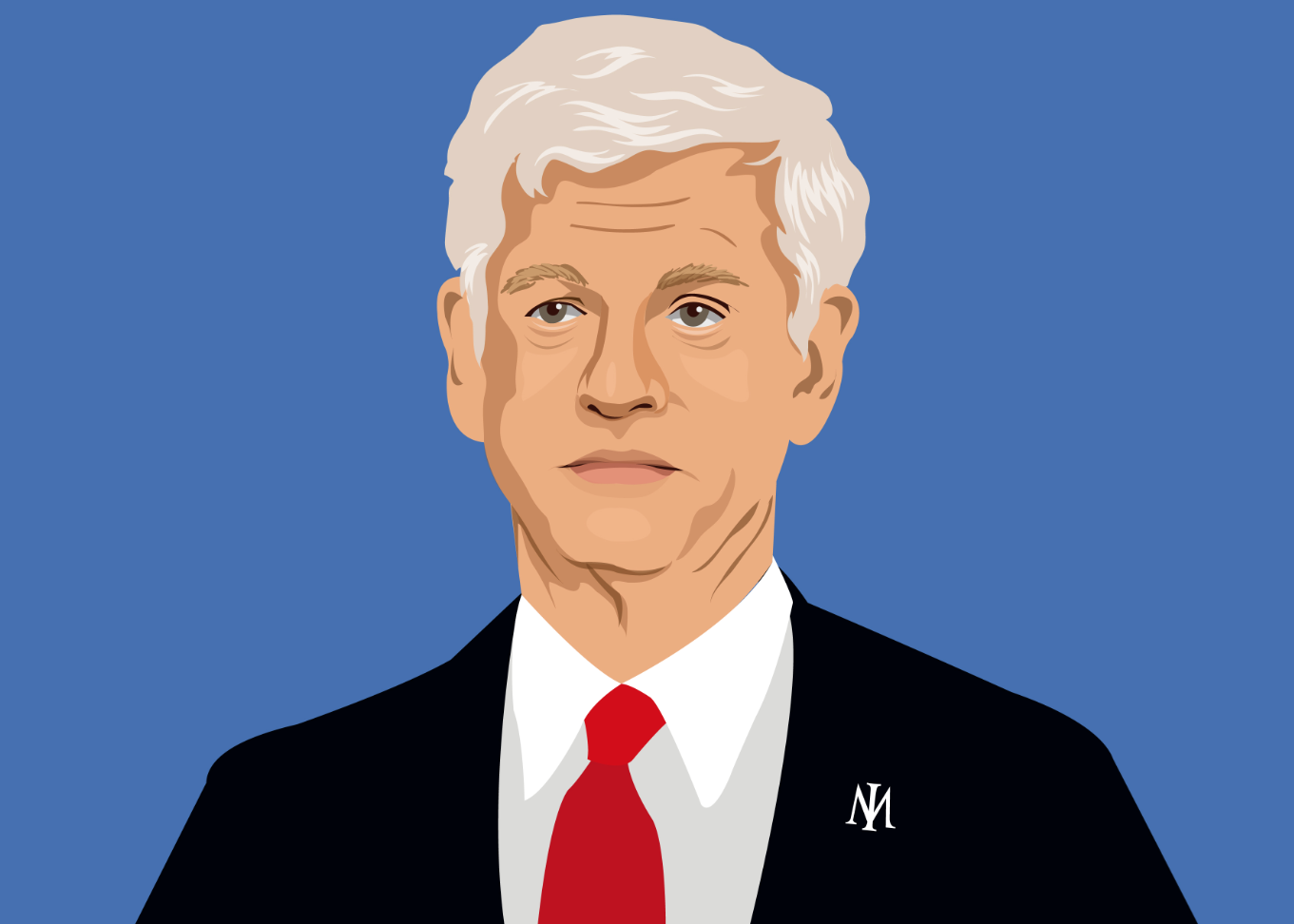
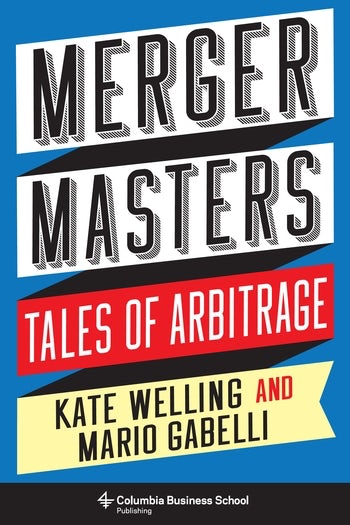
![BHP RIO Share Price Ratio [Source: Bloomberg]](https://images.squarespace-cdn.com/content/v1/568cf1da4bf1182258ed49cc/1559102957215-5I7SM5J8AIJQ19QT5BJ6/bhp_rio.JPG)




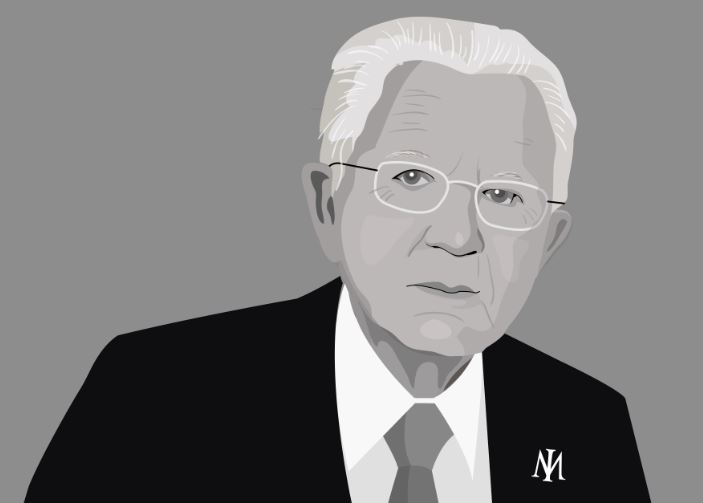






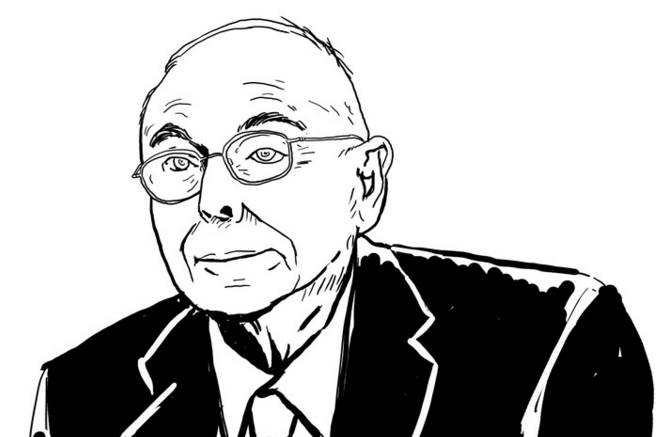











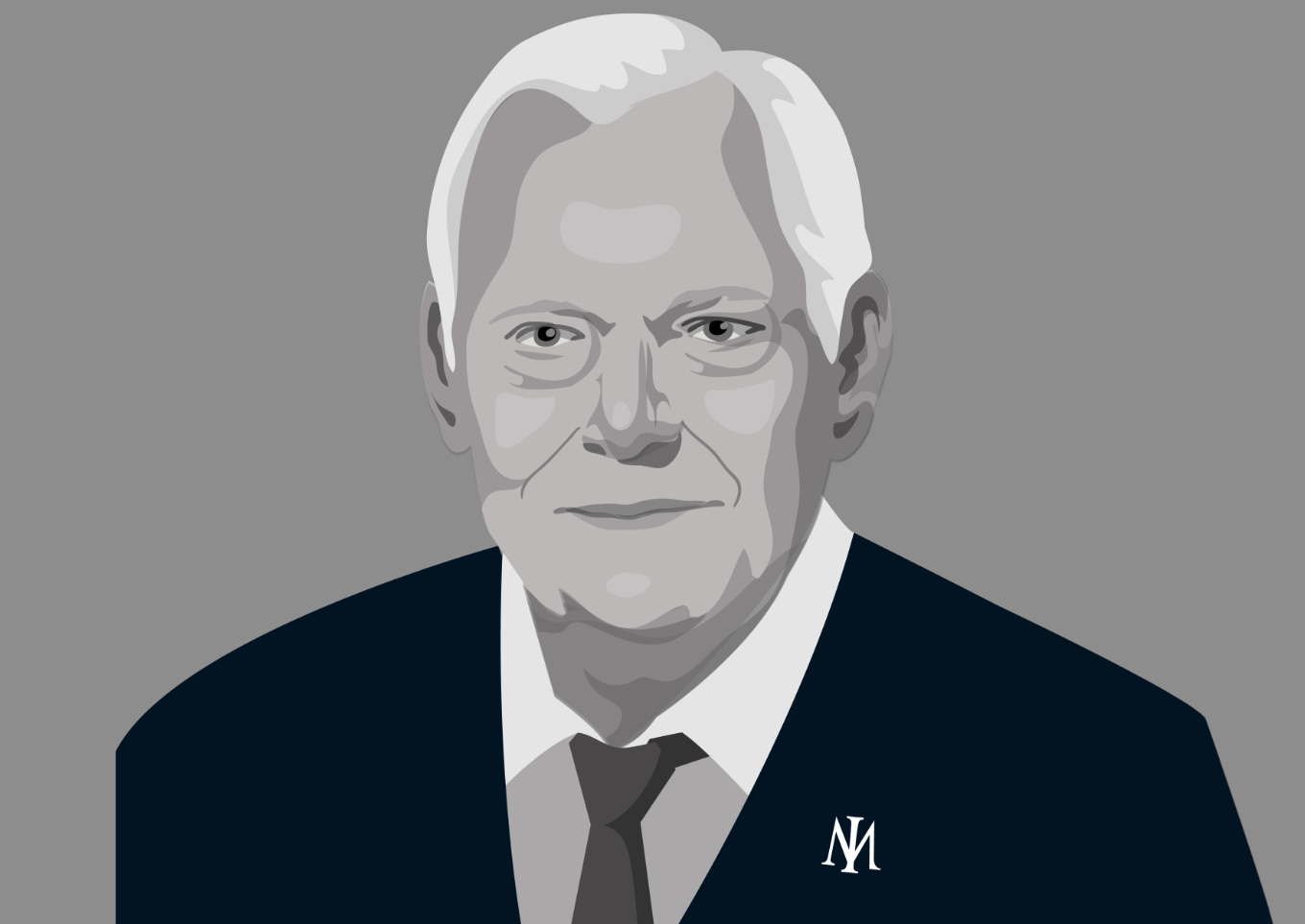


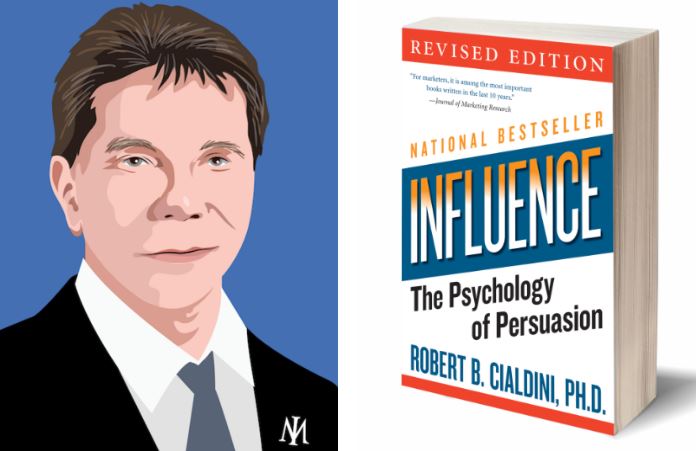
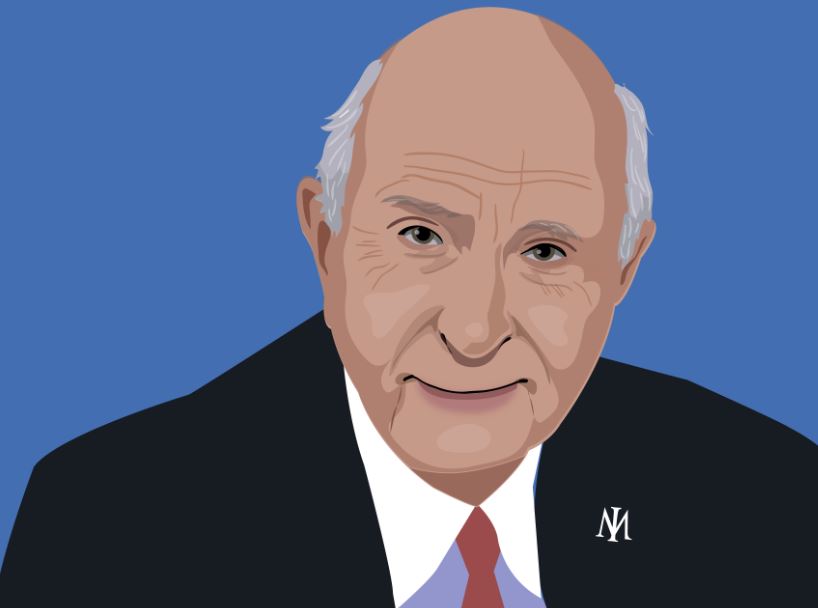
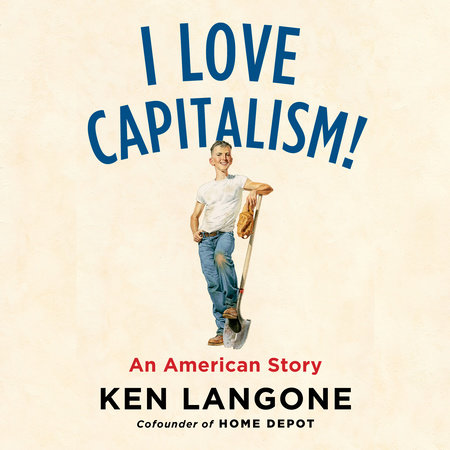
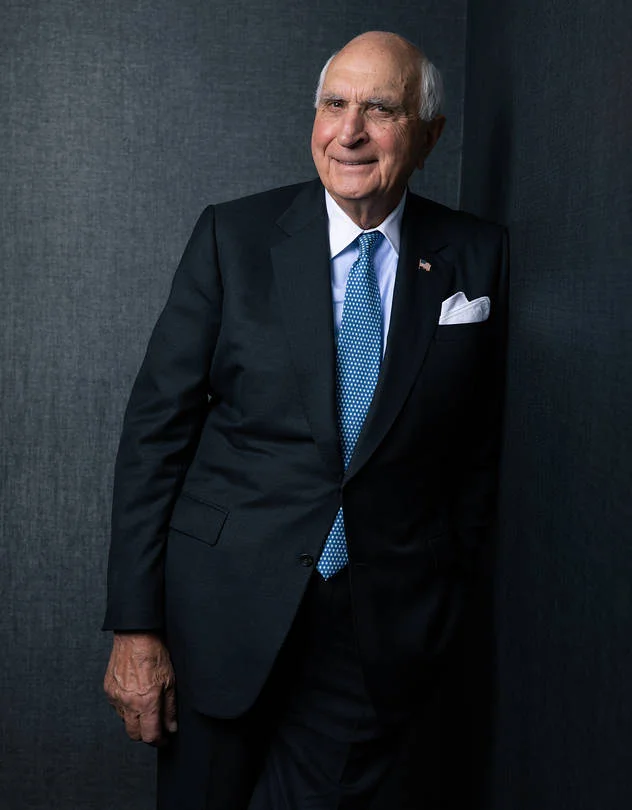





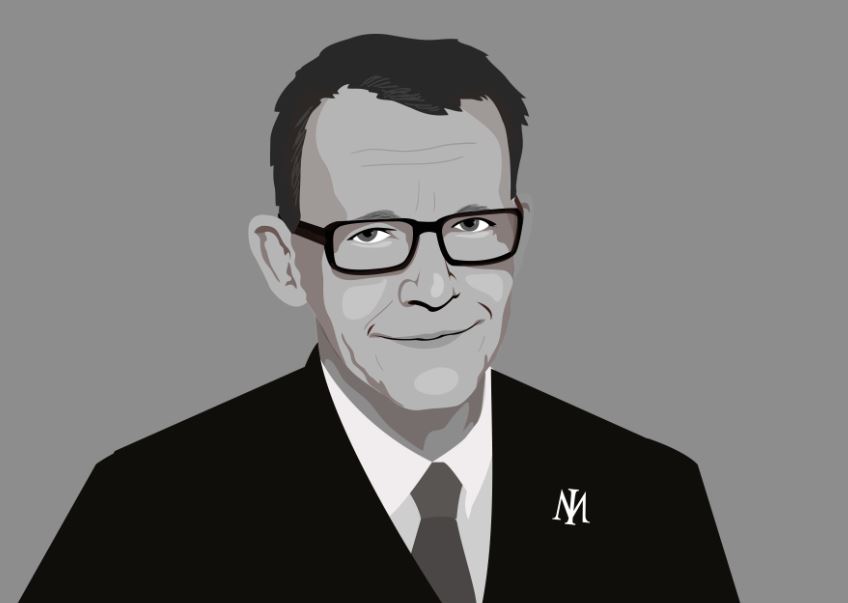

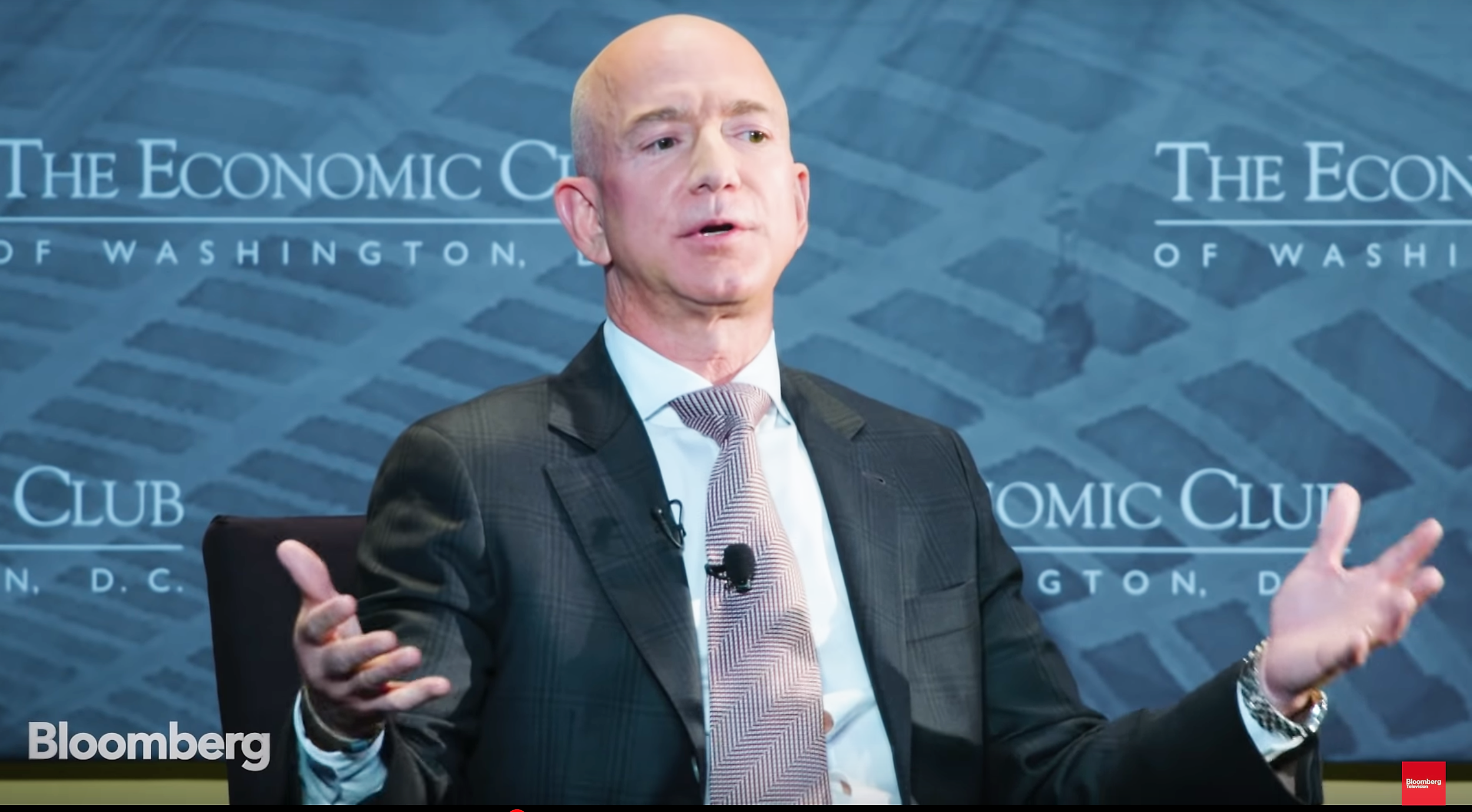
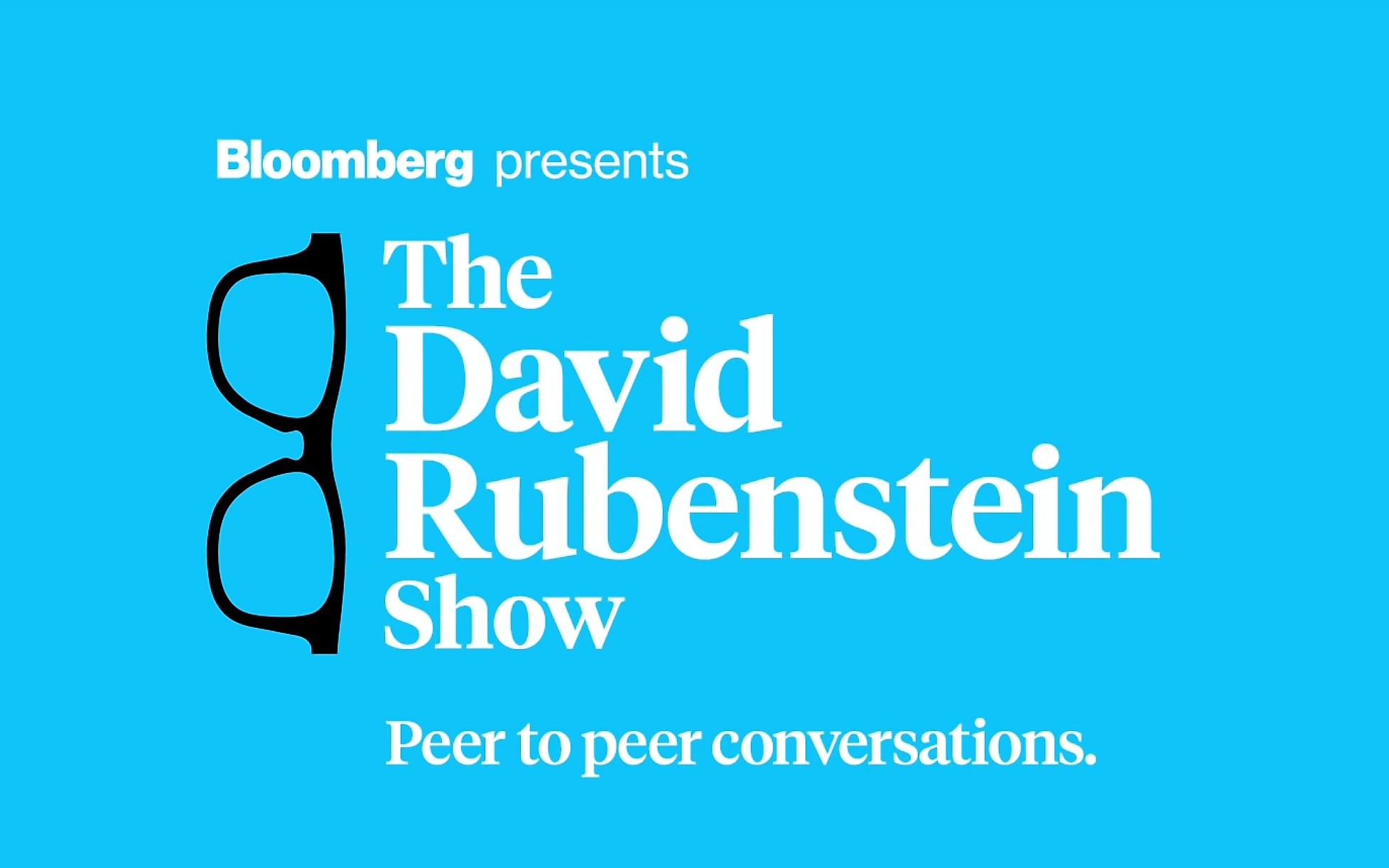


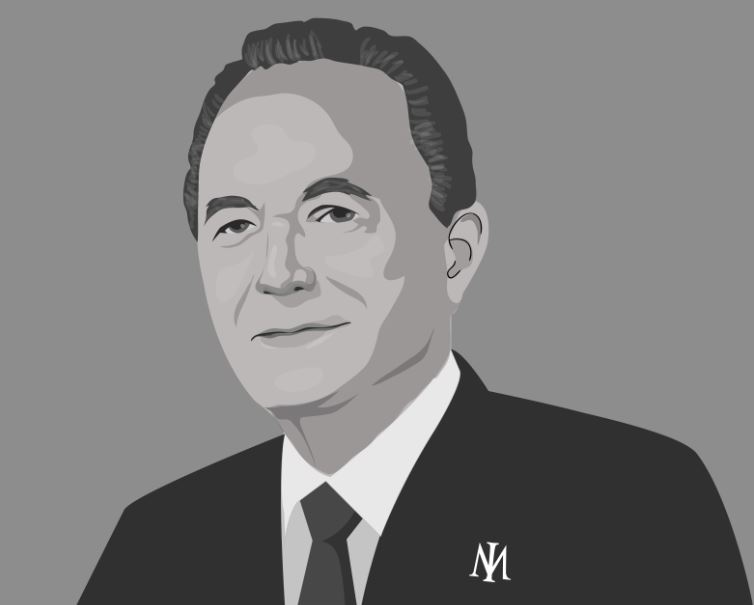
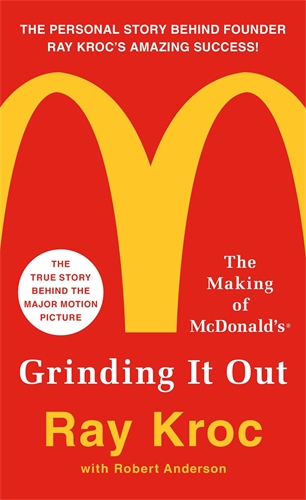





![Les Schwab [Source: The Bulletin]](https://images.squarespace-cdn.com/content/v1/568cf1da4bf1182258ed49cc/1535458473739-6XGNLHQB5SIKXGO47BH1/Screen+Shot+2018-08-28+at+10.13.59+PM.png)

